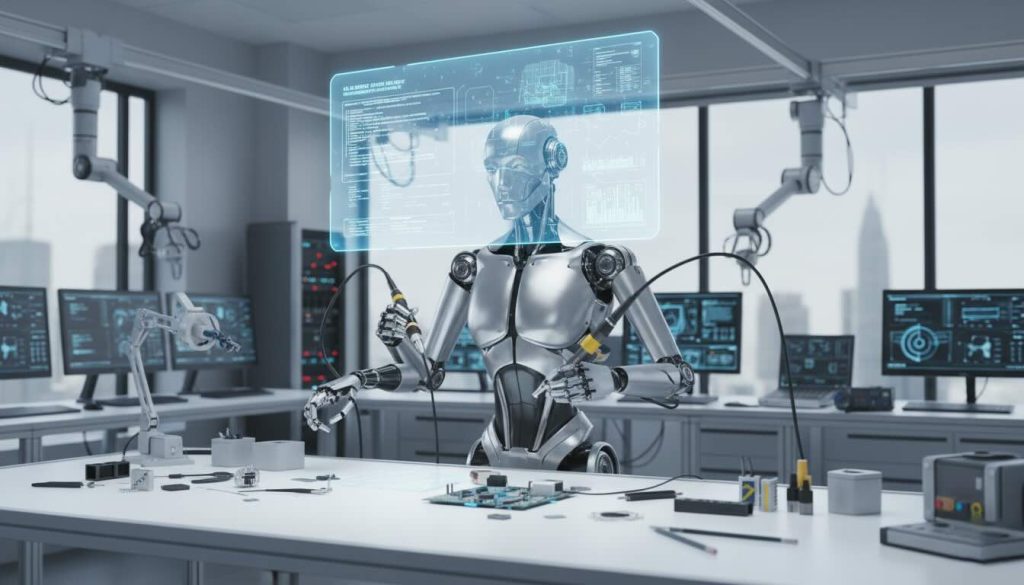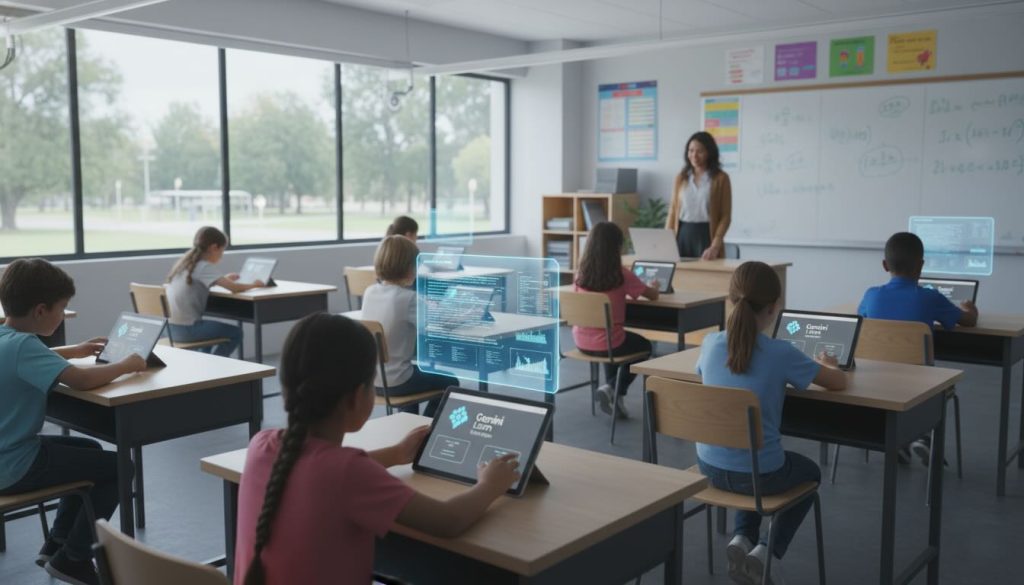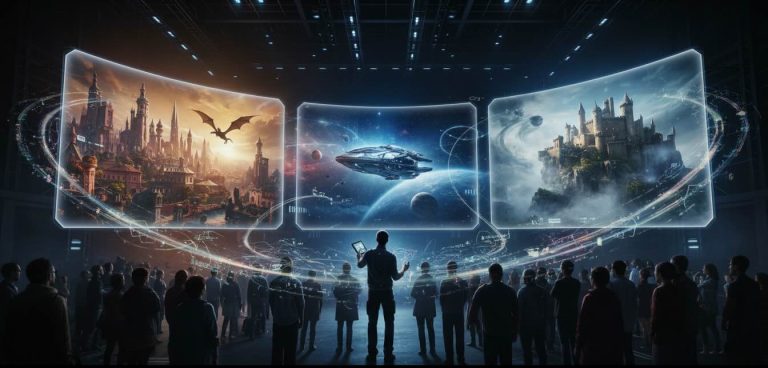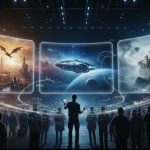In September 2025, Google introduced a major wave of artificial intelligence updates across its ecosystem, from Chrome and Search to Gemini, robotics, and education. These updates represent not just incremental improvements, but a roadmap toward how AI will transform everyday digital experiences. By embedding generative AI deeper into its most widely used products, Google is signaling that the next stage of the internet will be powered by intelligent, multimodal systems designed to interact with people in natural and intuitive ways.
One of the most significant updates comes to Chrome. The Gemini model is now built directly into the browser, allowing users to ask questions, manage multiple tabs, and receive complex step-by-step help directly from the omnibox. Instead of treating the browser as a passive gateway, Google is transforming it into an active assistant capable of guiding users through tasks in real time. Chrome also receives new protections against scams and stronger privacy features, ensuring that while the browser becomes more powerful, it also becomes more secure.

Search has also taken a major leap forward. With AI Mode, powered by Gemini 2.5, users can now experience visual and interactive reasoning like never before. The system not only interprets text but also images and camera input, allowing people to literally show Search what they want answers about. This multimodal capability is expanding across new languages, including Hindi, Korean, Japanese, Spanish, Indonesian, and Brazilian Portuguese, making AI-powered search more inclusive and global. These improvements highlight Google’s vision of a search engine that thinks and reasons more like a human, rather than functioning as a simple index of links.
Another highlight is the progress in robotics. DeepMind has unveiled Gemini Robotics 1.5 and Robotics-ER 1.5, which allow robots to plan, analyze, and interact with the physical world more effectively. These robots are now capable of handling complex multi-step tasks that involve vision, decision-making, and even tool usage. This marks a meaningful step toward real-world agents that can perform everyday jobs autonomously, signaling a future where AI extends far beyond screens into physical environments.

In education, Google is making AI an integral part of learning. NotebookLM now allows students and professionals to generate flashcards, quizzes, and reports directly from their notes, creating a personalized learning experience that adapts to the individual. The new Learning Guide offers step-by-step guidance through difficult material, while Audio Overviews provide fresh perspectives such as critique or debate modes. Google’s Gemini app is also evolving, allowing people to create and share personalized Gems, which act as tailored AI tools for specific needs. These advancements make learning more interactive and engaging, turning AI into both a study partner and a teaching assistant.
Google is also deepening its commitment to AI education on a societal scale. The company is investing heavily in U.S. education, funding AI literacy programs, supporting teachers with curriculum tools, and integrating Gemini access into classrooms. The goal is to prepare the next generation not just to use AI, but to understand and shape it responsibly. This reflects a broader trend where technology companies are taking on greater responsibility for AI readiness and education.

The September 2025 updates underline Google’s broader strategy: unifying AI across all touchpoints, from browsing and searching to robotics and classrooms. Instead of isolated tools, Google is building a connected ecosystem where AI is the central force linking everyday tasks. This convergence has the potential to make digital experiences seamless and intuitive, but it also raises questions about accuracy, privacy, and responsible oversight. As AI becomes more powerful, the challenge will be to ensure it remains reliable, unbiased, and inclusive for users worldwide.
The future is not about individual apps or platforms, but about integrated ecosystems where AI moves fluidly between devices and environments. With these updates, Google is taking a bold step toward that vision, creating a landscape where the line between human interaction and machine intelligence grows thinner with every release.
The Bigger Picture:
Google’s September 2025 AI updates show a shift from fragmented digital tools to a unified, intelligent system that redefines how people interact with technology. By embedding AI into Chrome, Search, robotics, and education, Google is reshaping both work and daily life, offering smarter, more intuitive, and more connected experiences. The challenge ahead lies in balancing innovation with ethics, trust, and inclusivity so that the benefits of AI are shared universally.
#GoogleAI #Gemini #SearchAI #ChromeUpdates #DeepMind #Robotics #NotebookLM #FutureOfAI #AIinEducation #AIInnovation















0 Responses
No responses yet. Be the first to comment!